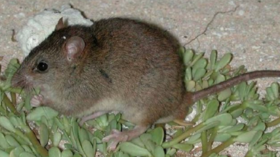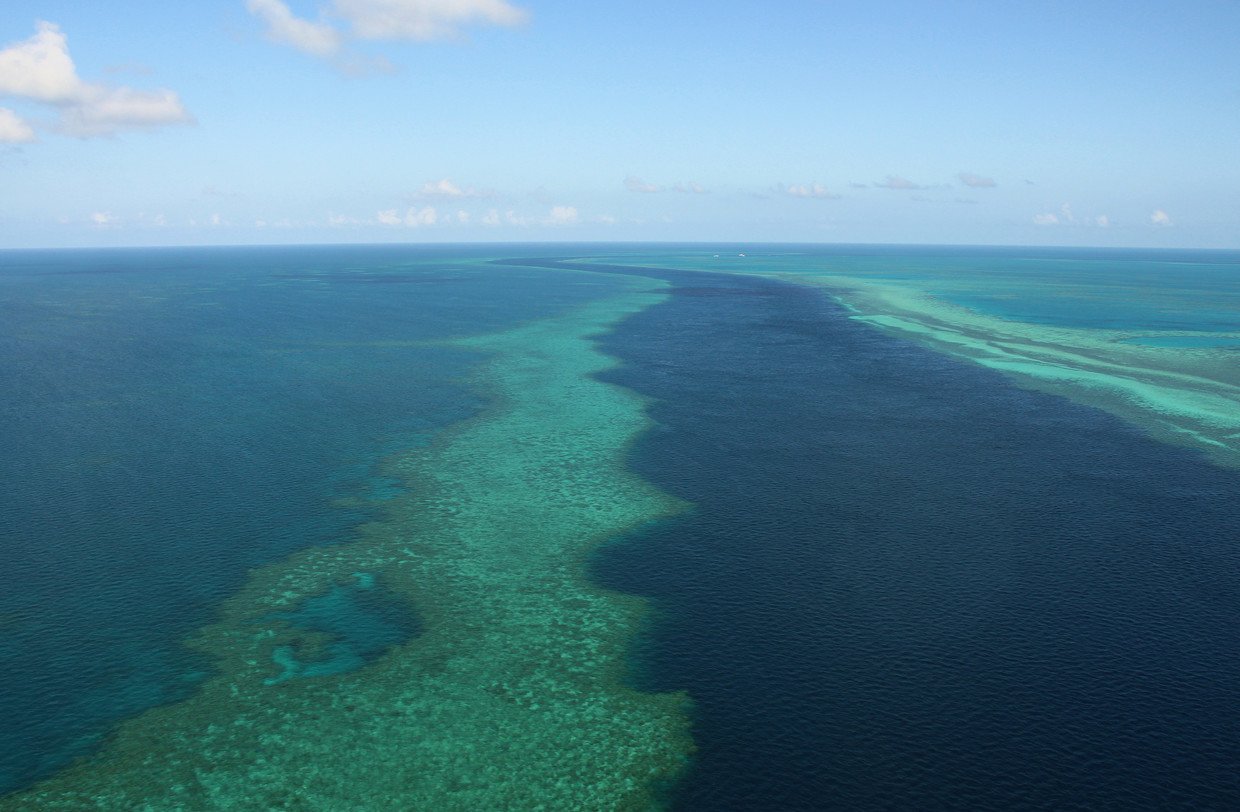Great Barrier Reef rodent becomes 1st official ‘climate change extinction’

Australia’s government has declared the Bramble Cay melomys extinct, making it what is believed to be the first mammalian casualty directly attributed to man-made climate change.
The official declaration on Tuesday by Australia’s Environment Ministry was long-expected, as a wide-ranging survey of the critter’s habitat in 2014 found no traces of the species. The rat was last seen by fisherman almost a decade ago with no officially registered sightings since.
Also on rt.com World is literally a greener place than it was 20 years ago, according to NASA dataThe animal’s only known habitat was on a small sandy island in Australia’s far north, which dramatically changed shape over the course of several decades due to repeated flooding and storm surges, which greatly eroded the animal’s habitat.

Local weather station data on sea level rise and other associated weather events in the Torres Strait region “point to human-induced climate change being the root cause of the loss of the Bramble Cay melomys.”
Minister for the Environment Melissa Durack has announced stronger protections for two other rat species and a flying fox facing a similar fate, as climate change encroaches on their habitats.
New recovery plans will give even greater protection to two Australian threatened species, the Central Rock Rat and the Brush-Tailed Rabbit-rat. The Spectacled Flying-fox has also been moved from the Vulnerable to the Endangered category.@TSCommissionerhttps://t.co/LMVFhHgQ5Tpic.twitter.com/A4ozCBK3q4
— Melissa Price MP (@Melissa4Durack) February 18, 2019
There was an initial declaration of extinction in 2016 made by local scientists surveying the region, but the Australian government held off until now in case the species managed to overcome the odds. The population had lingered precariously in the region of several hundred since the 1970s but gradually succumbed to habitat loss.
“It’s exactly the type of species that we could expect to be impacted by climate change,”H. Resit Akçakaya, a biologist at Stony Brook University, said previously as cited by Quartz.
Also on rt.com ‘Brilliant!’ Trump applauds Democrats’ Green dream to ‘eliminate all planes, cars, cows & military’Think your friends would be interested? Share this story!














